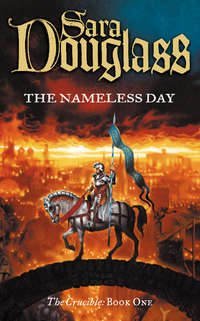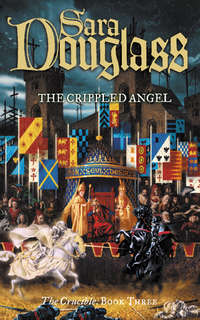The Serpent Bride

Полная версия
The Serpent Bride
Жанр: фэнтезиэзотерика / оккультизмисторическая литературасовременная зарубежная литературазарубежное фэнтезиисторическое фэнтезигероическое фэнтезисерьезное чтениеоб истории серьезно
Язык: Английский
Год издания: 2019
Добавлена:
Настройки чтения
Размер шрифта
Высота строк
Поля
Конец ознакомительного фрагмента
Купить и скачать всю книгу





